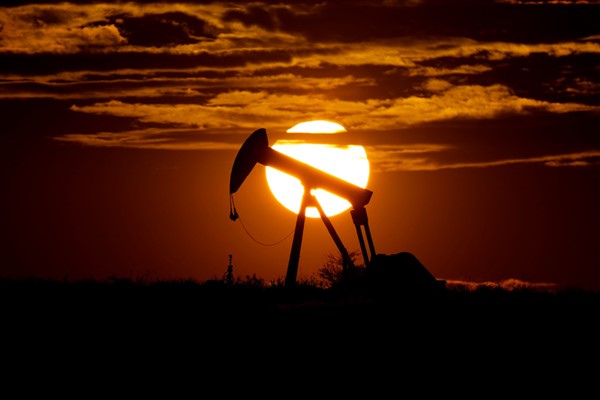The year 2020 may well mark the tipping point for the oil and gas industry. Amid a global pandemic that has slashed oil demand by some 8 million barrels per day, the governments of key countries—China, Japan, South Korea, South Africa and others—have announced that they aim to reach net-zero emissions by the middle of the century. After President-elect Joe Biden takes office in January, he will likely add the United States to the list, and when he does, net-zero targets will apply to more than three-fifths of global CO2 emissions. It seems that the world is about to double down on addressing climate change, just as the coronavirus pandemic is poised to change consumer and business behavior for years to come.
All this spells trouble for the “oil majors,” the seven largest investor-owned and integrated oil and gas companies in the world: BP, Chevron, ExxonMobil, Shell, Total, ConocoPhillips and Eni. It seems that the energy transition from fossil fuels to renewable energy sources is growing into an unstoppable force. The question now is whether these oil majors can reinvent themselves fast enough to be able to survive, or even thrive, in the new economy of net-zero emissions—or if they will suffer the fate of the iconic photography brand Kodak, which stuck with analogue film just as digital photography was taking over the market, and eventually had to declare bankruptcy.
The pandemic is the single biggest demand shock to world energy markets since World War II, and it precipitated a dramatic collapse in oil and gas prices—the third major price collapse that oil producers have had to stomach in the past 12 years, following shocks in 2008 and 2014. The sector is less prepared to cope with this shock because its financial and structural health is worse than it was during the previous crises. Moreover, the depth and duration of this crisis are unprecedented.

